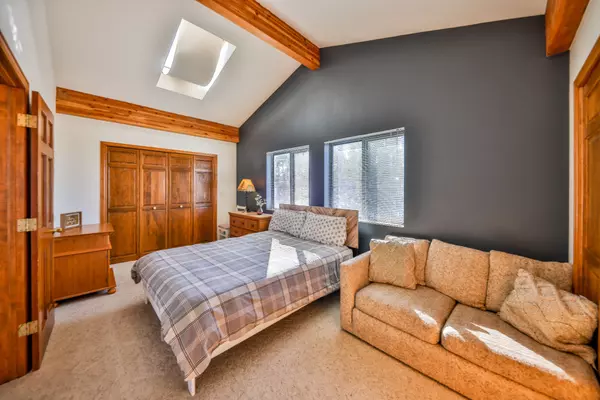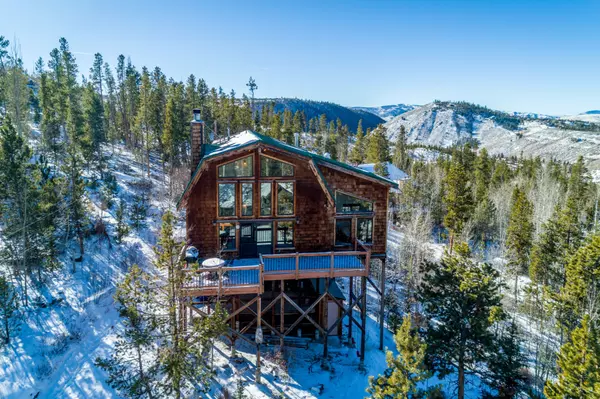Tips for Financing a Second Home or Vacation Property

Tips for Financing a Second Home or Vacation Property
Investing in a second home or vacation property can be an exciting opportunity, but it also comes with unique financial considerations. Here are some essential tips to help you navigate the financing process effectively.
1. Assess Your Financial Situation
Before diving into a second home purchase, evaluate your current financial health. Review your income, expenses, and existing debt. Ensure you have a stable source of income and enough savings for a down payment, closing costs, and ongoing expenses like maintenance and property taxes.
2. Understand Your Loan Options
Familiarize yourself with the different financing options available for second homes:
-
Conventional Loans: These typically require a larger down payment (usually 10-20%) and come with stricter credit requirements than primary home loans.
-
FHA Loans: While primarily for primary residences, some buyers use FHA loans for second homes if they meet certain criteria.
-
Portfolio Loans: Offered by some lenders, these loans are not sold on the secondary market and may have more flexible terms.
3. Consider Down Payment Requirements
Most lenders require a higher down payment for second homes. Be prepared to put down at least 10-20%, depending on the lender and loan type. A larger down payment can also help you secure better interest rates.
4. Evaluate Your Debt-to-Income Ratio
Lenders will assess your debt-to-income (DTI) ratio to determine your ability to manage additional debt. Aim for a DTI ratio below 43%, but the lower, the better. This ratio includes your monthly debt payments (including the new mortgage) compared to your gross monthly income.
5. Explore Tax Implications
Owning a second home can have tax benefits, such as mortgage interest deductions. However, if you rent out the property, be aware of tax implications related to rental income and potential capital gains taxes upon sale. Consult a tax professional for personalized advice.
6. Consider Rental Potential
If you plan to rent out your second home, research the local rental market. Understand demand, seasonal trends, and potential rental income. This can help cover your mortgage and other expenses, making the investment more manageable.
7. Factor in Ongoing Costs
Owning a second home comes with additional expenses beyond the mortgage. Consider property taxes, homeowners insurance, maintenance, utilities, and HOA fees (if applicable). Budget for these ongoing costs to avoid financial strain.
8. Get Pre-Approved
Before starting your property search, get pre-approved for a mortgage. This will give you a clear understanding of your budget and strengthen your position when making an offer.
9. Work with a Knowledgeable Real Estate Agent
A real estate agent experienced in vacation properties can help you navigate the market, understand local regulations, and find properties that meet your criteria. They can also provide insights into financing options.
10. Plan for the Long Term
Think about your long-term goals for the property. Whether it’s a personal getaway, an investment, or a future retirement home, having a clear plan will help guide your financing decisions and overall investment strategy.
Financing a second home or vacation property can be a rewarding investment if approached thoughtfully. By assessing your financial situation, understanding your options, and planning for ongoing costs, you can navigate the process with confidence. With careful planning and the right support, your dream of owning a second home can become a reality.
Recent Posts










GET MORE INFORMATION

Team Lead | License ID: 100041185

